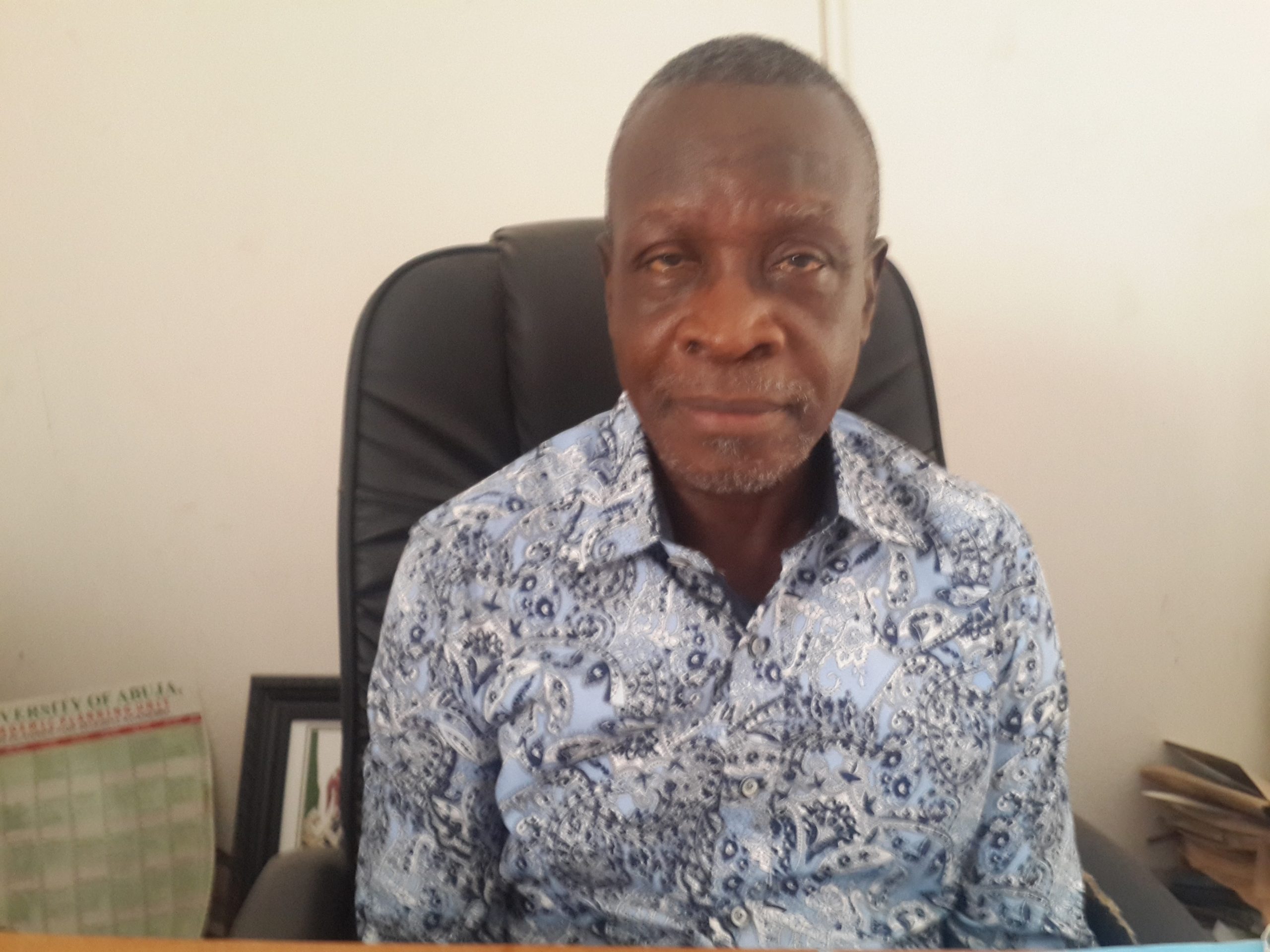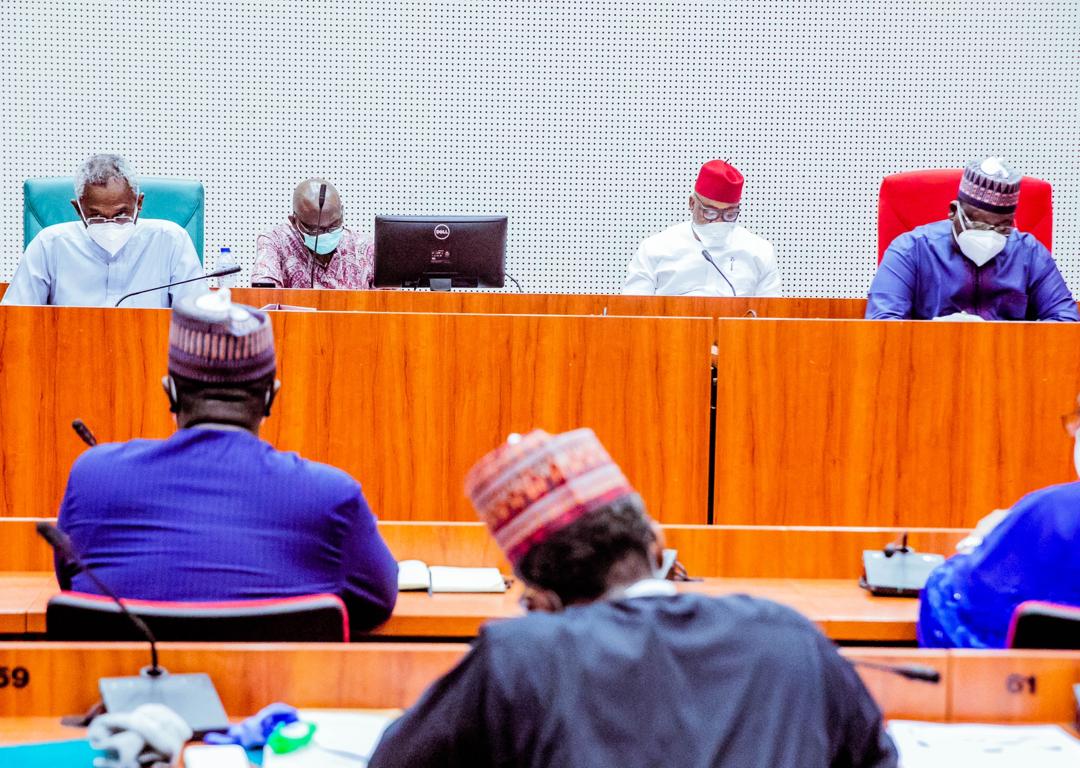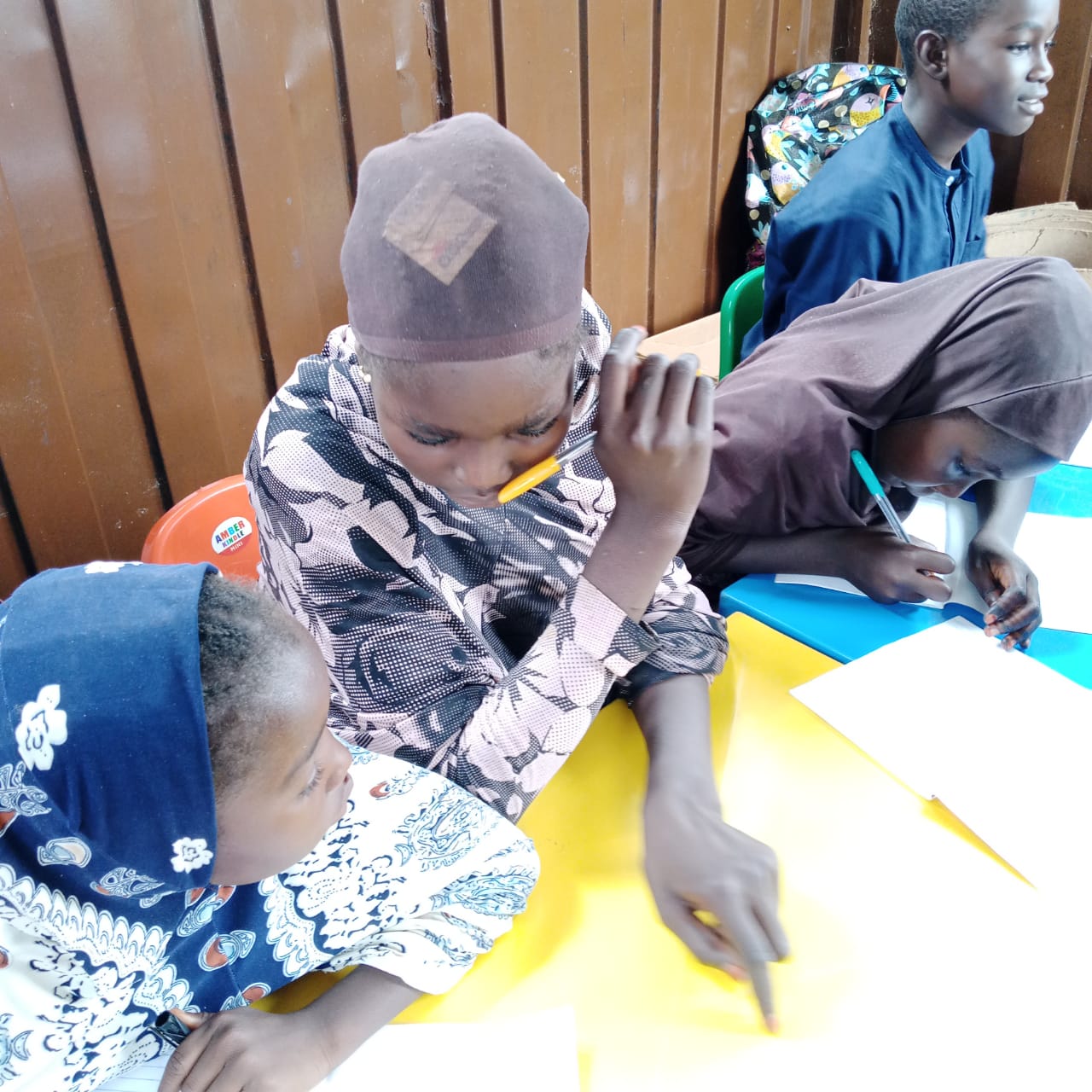Omole’s ground-breaking approach to literary linguistics

BOOK REVIEW
Title: LINGUISTIC CRITICISM OF THE AFRICAN NOVEL
Author: Kayode Omole
Publisher: Bloom Media Network Ltd, Abuja, Nigeria
Year of Publication: 2019
Number of Pages: 161
Reviewer: Prof Gbenga Ibileye
DISINTERING THE STYLISTICIAN’S PERSONA FROM HIS STYLISTICS: AN EXCURSION INTO THE MIND AND ACTIVISM OF PROFESSOR KAYODE OMOLE AT 70
The French naturalist Georges-Louis Leclerc de Buffon (1707-1788) was perhaps the first to draw critical intellectual attention to the study of style. In his famous quotation; ‘le style, c’estl’homme meme’, which roughly translates to the style is the man or you may know a man through his writing, Buffon outlines the boundaries of the study of style. Various stylisticians have since fleshed out the outermost reaches of the study of style which has been variously characterized into six broad rubrics (as attested by Azuike) all of which allow us to characterise the writings of Kayode Omole as the typification of his persona. According to Azuike’s six rubrics, style is deviation, a manifestation of the individual, content and/or form, the choice between alternative ways of expressing the same idea, a product of context, and good or beautiful writing. These six rubrics provide a potent ground to situate the persona and scholarship of Prof Kayode Omole.
The variegated but intersecting trajectory of Prof Omole’s life and scholarship exude activism and pragmatism, much of which are the defining features of his academic writings, much more so his Linguistic Criticism of the African Novel. The sixteen-chapter collection provides a radical reading and re-reading of the African novel, which had been assailed by Eurocentricism prior to efforts such as Omole’s and a growing tribe of literary critics and activists such as NgugiwaThiongo, Wole Soyinka, and to a limited extent, Chinua Achebe. Omole particularly brings to bear on his interventions in the African novel, his scholarly persuasion, and training as a linguist in his dissection of the preoccupation of the treated literary works across the African continent, much against the existing currents that had dominantly studied the African novel from the literary perspective. In outlining the testament of the book, Omole asserts ‘the great numbers of internationally acclaimed African literary works have been extensively studied as literature, not as linguistic artifacts or products. This severely limits our knowledge of the finer artistic merits of these works. A series of good stylistic studies of these works could provide us with a deeper appreciation of their aesthetic value’ (ix). Even within linguistics, Omole further delimits his interest in the study of the African novel to the sociolinguistic approach, this is particularly against the popular grain of linguistic interest in literature, whether in Africa, Europe or America, where the tool of critical intervention had been the application of descriptive linguistics in their stylistic analyses to the exclusion of other advantageously productive approaches (ix). In adopting the sociolinguistic approach, Omole projects, based on a few earlier studies such as Roger Fowler, that the approach will more fittingly situate the African novel within its socio-cultural milieu rather than imposing extraneous, usually, Euro-centric standards on the treatment and evaluation of the African novel. The medium of language which the African writers of the novel adopt, where English or French is garnished with some ingredients and flavour of the African indigenous languages of the writer, in Omole’s sociolinguistic approach cannot be considered a weakness of their writings. Rather, they show their sociolinguistic peculiarities and additions to the enrichment of world literature.

Cover page of the book
Omole, in his foresighted and prognostic anticipation of the relevance, usefulness, and applicability of sociolinguistics to the study and analysis of Afrocentric novels, pioneered a field that has blossomed and assumed a life of its own in the scholarship of African literary criticism. The emergent branches of critical linguistics, discourse analysis, critical discourse analysis, and the current rave, pragmatics as varying approaches to the study of the African literary texts, could be rightly said to have taken firm roots from the pioneering daring of the early forage of scholars like Omole and Adegbija in this regard. In short, one would be fair to assert and claim that Omole(1985 his doctoral thesis) is the precursor to the burgeoning and variegated interest in the study of African literature using the instrumentality of linguistic methodologies anchored on sociolinguistics. It is perhaps fitting to speculate that Omole’s fertile and curious mind and his interest in establishing more than structural and descriptive goals for the literary language of African novelists was driven by a desire for social commitment which can only be disinterred from the mere surface manifestation of the text when it is combined and complemented with a conscious and critical effort at social contextualization, the sociolinguistic analysis of texts.
Omole’s thesis in this background is that the study of the African novel, and by logical extension, African literature, can be better apprehended when subjected to sociolinguistic analysis.
The work is divided into two broad sections. The first part, which spans the first to the sixth chapters, outlines the theoretical ingredients of the sociolinguistic approach. Here, Omole outlines his conception of linguistic criticism as being marginally different from literary criticism. The other preoccupations of the section as set out in the chapters are sociolinguistics and the novel; sociolinguistics and African Literature; the language of African Literature: a review; Eurocentrism; and Soyinka’s The Interpreters: A Sociolinguistic Perspective. In all the six chapters of part one of the book, Omole provides an insightful dose of the richness of his theoretical proposition and its applicability in a test dissection of Wole Soyinka’s The Interpreters.
Generally, the essays lay out a general theoretical framework situated within sociolinguistics for the interrogation of texts located in an aesthetic context in the belief that a text, literary or otherwise, is created within a cross-current of social, historical, economic and existential realities which in turn impinge on and determine not only the thematic essence of the text but also construct its linguistic and literary architecture. However, the end of the analytic excursion is not the structure or form. Rather, it is in how it reflects the society and at the same time interprets it.

Prof. Kayode Omole
In short, the chapters in the first part of the book are devoted to the enunciation and theoretic character and strength of the sociolinguistic approach to the study of the African novel with Soyinka’s The Interpreters at the core of its exemplification. Overall, Omole’s thesis in this background is that the study of the African novel, and by logical extension, African literature, can be better apprehended when subjected to sociolinguistic analysis. The implication of this is that the sociolinguistic approach which situates the African novel within its socio-cultural cum linguistic context becomes more potent at revealing the instrumentality of the linguistic resources (and naturally, its thematic forage) of the African novel
Specifically, in chapter one, and to a reasonable extent, in chapter two, and in answering the question of what the uniqueness of his insight is, Omole defines his unique approach and its usefulness in the following ways:
‘… linguistic criticism in this essay refers to a sociolinguistic model of literary criticism, an approach that will be able not only to set African literature in relation to its social origins but will also explicate the socio-psychological context of otherwise irregular linguistic phenomena in African literature. This type of stylistics will enable us to establish the socio-linguistic, cultural, and historical forces behind the linguistic simplicity or complexity of some African novels in English.’ (1)
In setting out the specific features of African literature that make them amenable to sociolinguistic analysis Omole in chapter three avers that the first of these attributes is the inclusion and deployment by African writers of bits and pieces of the native languages in their narrative, the variety of English used (which assumes a unique phonological, syntactic, lexical and semantic characteristics in different regions of the world). These peculiarities necessitate the nativization of English in African creative writings through the direct literal translation of proverbs and idioms into English, the use of nativized rhetorical strategies of speech initiators, local address forms, nativization of cohesion and cohesiveness, etc.
In chapter four, Omole lends his authoritative and assertive voice to the debate, started by Ngugi, Soyinka, and Achebe, about the adoption and use of colonially inherited European languages such as English in their literary expressions or the indigenous languages. He, while adumbrating some potent and convincing evidence for the continued relevance of English in African, and especially Nigerian literature argues equally strongly that ‘African writers should ideally make a conscious effort to write either in their indigenous languages or the English language on account of the …advantages of both, on the one hand, the preservation of Africa’s indigenous culture and identity is not negotiable. On the other hand, the self-effacement of African thoughts, culture, and identity on account of non-universal or ethnic mediums of expression should not be encouraged. The overall implication of this dilemma is that prolific production of indigenous literature may eventually attract world attention, especially if our literati consider translation as useful intellectual engagements capable of internationalizing our arts’ (23-24)
As evident in chapter five, Omole’s stylistic criticism tends towards liberality and hybridity, a fusion of the extreme poles of ‘Euro-centrism’ or ‘Euro-modernism’ typified by the elevated arts of writers such as Soyinka and the ‘Pan-Africanists’, represented by writers such as Achebe, Ngugi, Tutuola, and Senghor. The sociolinguistic approach which he proposes, when applied to African literature, can highlight and indeed unearth the Africanisms or (Pseudo) Eurocentrism in a work of art and will prevent “the labeling of an ‘authentic’ African novel as alien, un-African or Eurocentric. Rather, it will provide a perspective for understanding African works of Arts” (31). Thus, it can be safely asserted that Omole, through his sociolinguistic critical intervention, resolved the extreme and previously conflicting opposites of ‘Euromodernism’ and ‘Pan-Africanism’ in African literary criticism.
Linguistic Criticism of the African Novel is fascinating both for its theoretical utilitarian value and practical dissection of the African novel in a refreshing and novel manner
In chapter six titled ‘Soyinka’s The Interpreters: A sociolinguistic Perspective’, Omole wades into the ever-present debate about the oft-touted obscurantism of Wole Soyinka’s writings; especially, The Interpreters. He avers that using the sociolinguistic approach which situates the work in its universe of contexts will reveal that ‘the stylistic sophistication of The Interpreters is a function of the selective avoidance of the socio-linguistic features of traditional African discourse patterns and strategies’ (38). This sociolinguistic excursion allows Omole, unlike some other critics of Soyinka’s works, to conclude that “there is ‘method’ in Soyinka’s ‘Madness’ “.
The second part of the book which comprises chapters seven to sixteen is aptly titled ‘Analytical Issues’ because this is where the tenets of the sociolinguistic approach are applied to specific texts – Soyinka’s, Ngugi’s, Achebe’s, Marechera’s – and general cultural and contextual conclusions are drawn. In the case of Soyinka’s texts, which many scholars including Chinwezu et al have characterized as linguistically impregnable, Omole succinctly submits that adoption of his sociolinguistic approach will make such obscurantists’ writings much more amenable to study.
In “towards a sociolinguistic study of African Literature”, co-authored with Adewole Gerald, it is averred that like Omole has done in the theoretical aspect of the book, “formal approach to literature is inherently deficient. Literature is a social product and social practice. As a social institution of man, it cannot be studied in abstraction from the society….” (43).
The different other sociolinguistic parameters, such as code-switching, non-standard English, technical register, satire, variation, rhetorical questions, idiolects as well as linguistic experimentation, are appropriately and clinically deplored in the study of some African literary texts including The Interpreters and Ayi Kwei Amah’s The Beautiful Ones Are Not Yet Born.
The beauty of Omole’s proposition in this book is that it successfully reorients criticism of the literary text away strictly from mere literary appreciation to a commendable fusion of sociolinguistic as well as structural features of the text. As it were, one could rightly conclude that the old, and the new find their essence in the outcome of this experimentation.

Signpost of the University of Abuja, where Professor Omole made a tremendous impact
On the whole, Omole’s scholarship as typified in his choice of the sociolinguistic approach to the study of the African novel gels with his non-conformist spirit and restless soul. These tendencies to rebellion define the fecundity of Omole’s mind and his critical appraisal of issues, events, personalities, and epochs. This craving for the uncharted course must have propelled him to this excursion, a fresh and unique approach to the study of the African novel. The effort, I dare say, has yielded a pragmatic homegrown theoretic and scholarly understanding of the studied texts in his book Linguistic Criticism of the African Novel. Much more pleasing is that the book sets a template for linguistic and literary scholars to dissect and analyze African novels with fruitful outcomes.
Omole’s Linguistic Criticism of the African Novel is fascinating both for its theoretical utilitarian value and practical dissection of the African novel in a refreshing and novel manner. Its methodological and rigorous analytical adequacy is worthy of recommendation not only to literary and linguistic critics but also to anyone and all who are interested in apprehending the hidden thoughts of writers, which are concealed in the creative manipulation of language. In this wise, students in the departments of English in colleges and universities and teachers of literature across the board will find this book a rich collection and treasured addition to their bookshelves.
Professor Ibileye is with the Federal University, Lokoja
The Insight Report
Nigeria Coverage




Mabel Evwierhoma says:
A very good review of a text considered a companion of readers and critics of the African novel. The indices of this review by Gbenga Ibileye provides readers of African fiction the sociolinguistic contexts for the textual encounter. The format reveals the impetus of Professor Kayode Omole’s forte in that area of scholarship.